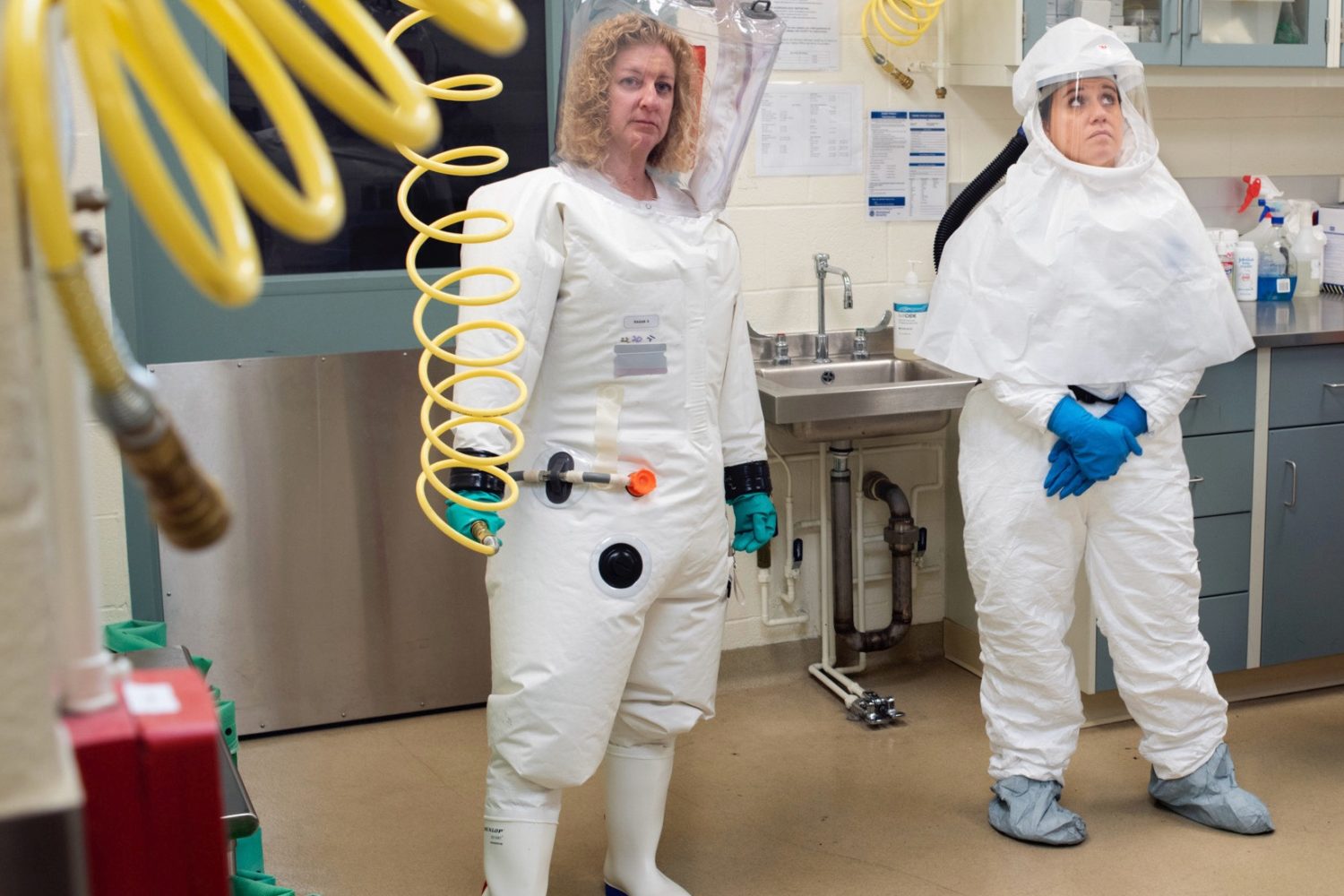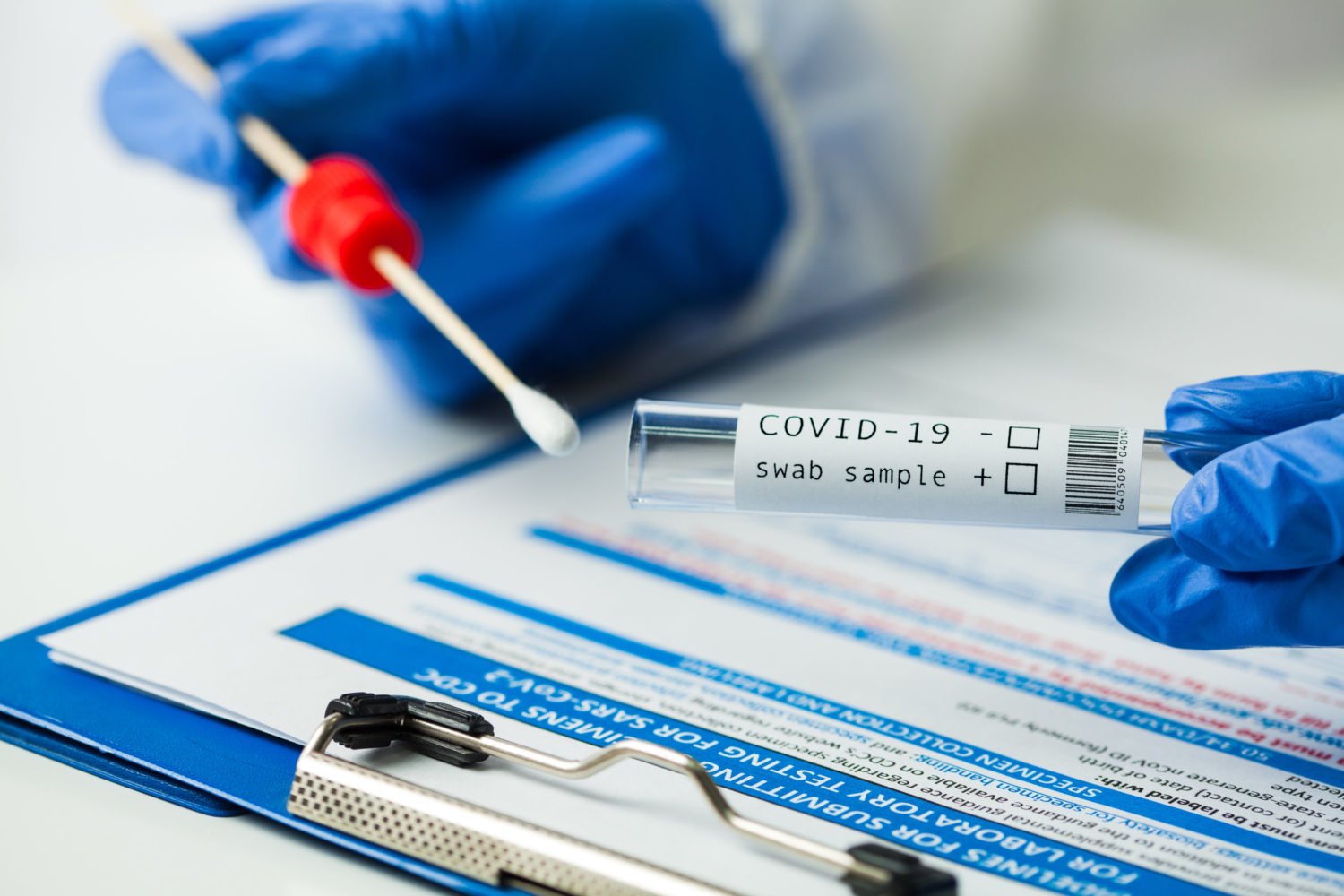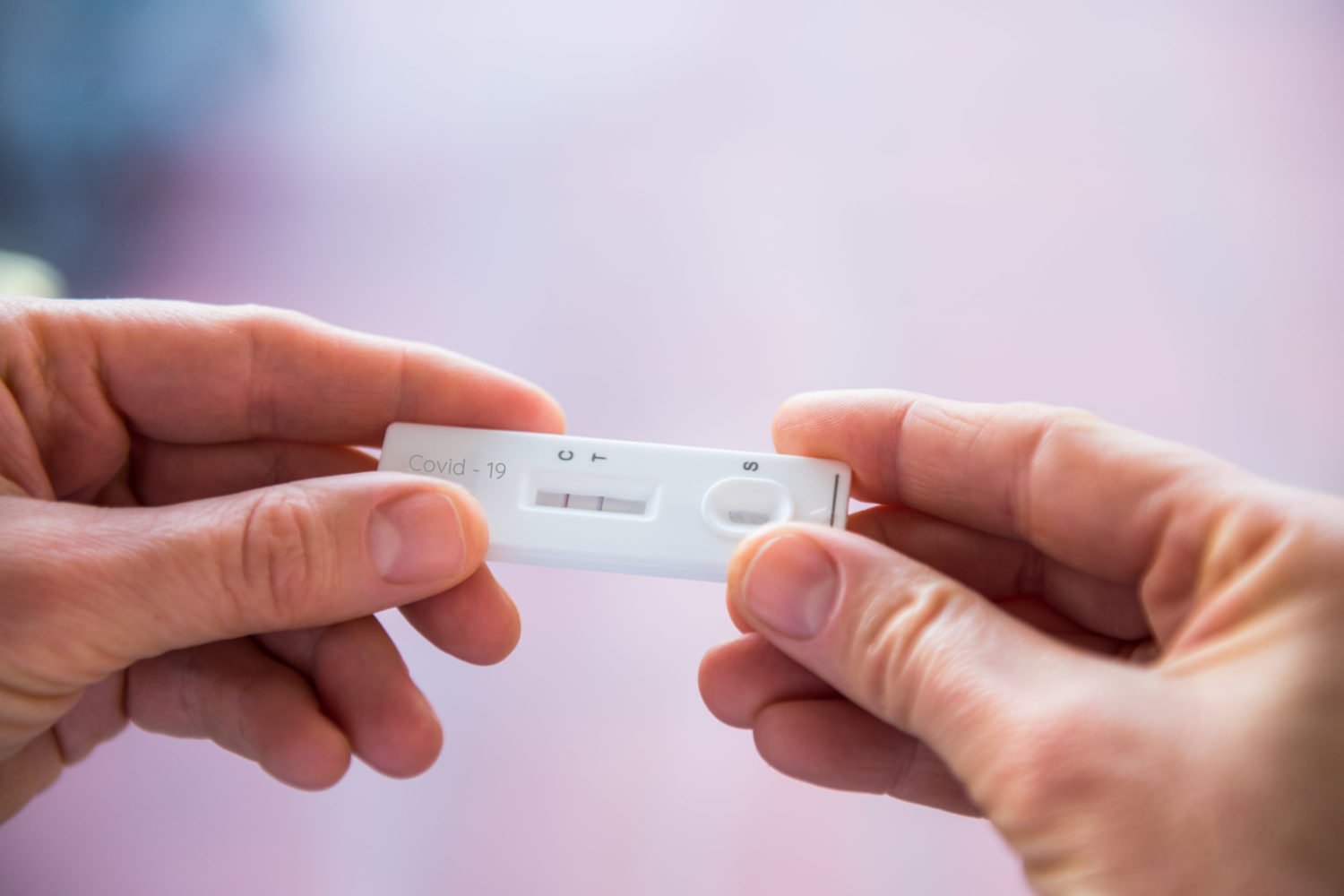I’m a 26-year-old resident of Arlington and my neighbor, who works for a biotech company in Montgomery County, recently gave me an N95 mask. (Though he didn’t say where he got it, I assume it came from his employer.) I was initially very relieved to have obtained it and was planning on sending it to my mother. She is 68 and lives by herself in Pennsylvania, and I thought she could use the mask during her weekly trip for groceries. But with all the talk in the news about the shortage of masks, I’m rethinking this plan. Is it ethical for me to send the N95 mask to my mother? If not, what should I do with it?
Daniel P. Sulmasy, MD, PhD, acting director of the Kennedy Institute of Ethics and a faculty member of the Pellegrino Center, Georgetown University: As you note, N95 masks are valuable because they effectively prevent SARS CoV-2 viral particles from entering the respiratory tract of the wearer. Regular surgical masks probably do more to prevent persons with Covid-19 from spreading the infection to others than they do to protect their wearers from becoming infected. You are understandably happy to have received an N95 mask, and you are generous to want to offer it to your mother. Yet there are multiple ethical questions embedded in this situation.
The first is the question of provenance. You say you don’t know how your neighbor came upon the mask, but it matters morally where it came from. It might be that he made it himself from vacuum bags as part of an effort to make hundreds to donate to the local ambulance team, and that he just gave a few extras to friends. He also might have been issued several at his job but decided that he really only needed one for himself. Or perhaps he stole it from a hospital he was visiting while pitching his company’s new rapid test for Covid-19. One needs to be prudent about asking questions about provenance. If we were to ask too many questions about everything we bought or used, we would all feel very guilty. Who knows whether that banana you just ate was grown on a plantation run by a drug cartel selling fruit to US companies while paying below subsistence wages to farmers? If we asked too many questions, none of us would eat. Yet if your friend were to offer to sell you an ancient Assyrian statue at a very low price, you would seem to incur an obligation to inquire from whence it came. We all have a moral duty to avoid complicity in the wrongdoing of others. Benefitting from their wrongdoing and never asking any questions is a form of complicity. You need to know more before you decide what to do with the mask.
The second set of questions regards the status of the mask. Is it new or used? Could it have been contaminated with SARS CoV-2? Or toxins from your neighbor’s biotech lab? Is it genuinely an N95 mask? Is it a knockoff? Will it really be effective? You would not want to give your mother the false security of a mask that would not work, or worse, one that would make her sick. Again, you need to ask.
The third question, however, is the toughest. Assuming you did have morally and practically good answers to the first and second questions, what should you do with the mask? Giving it to your mother would be noble. While she should be sheltering in place most of the time, it would afford her greater protection than she would have were she to wear an ordinary surgical mask when venturing out in public, for instance to go grocery shopping. As you rightly point out, however, N95 masks are in short supply and health professionals, such as emergency medical technicians, nurses, and doctors, would seem to need it more than your mother does. Yet it is only one mask. After one case or one shift a healthcare worker will discard it. Your mother, by contrast, could re-use this mask each time she went out, because the chances that any one unexpected encounter would expose her to an infectious dose of SARS CoV-2 would be exceedingly small. So, if the mask checks out, I think it would be OK to give it to your mother. Yet I say so with caution. If too many N95 masks were to be diverted this way from health care professionals to mothers over 60 years of age, that would be a problem. I am assuming this is more of a one-off exception. Also, procedures to sterilize and recycle N95 masks for re-use by health care professionals are now underway. Once that practice is up and running, my argument that your mother could have multiple uses would be undermined. So, for now, I think it is OK. But the pandemic and our responses keep changing. I might be giving you a different answer next week.
















